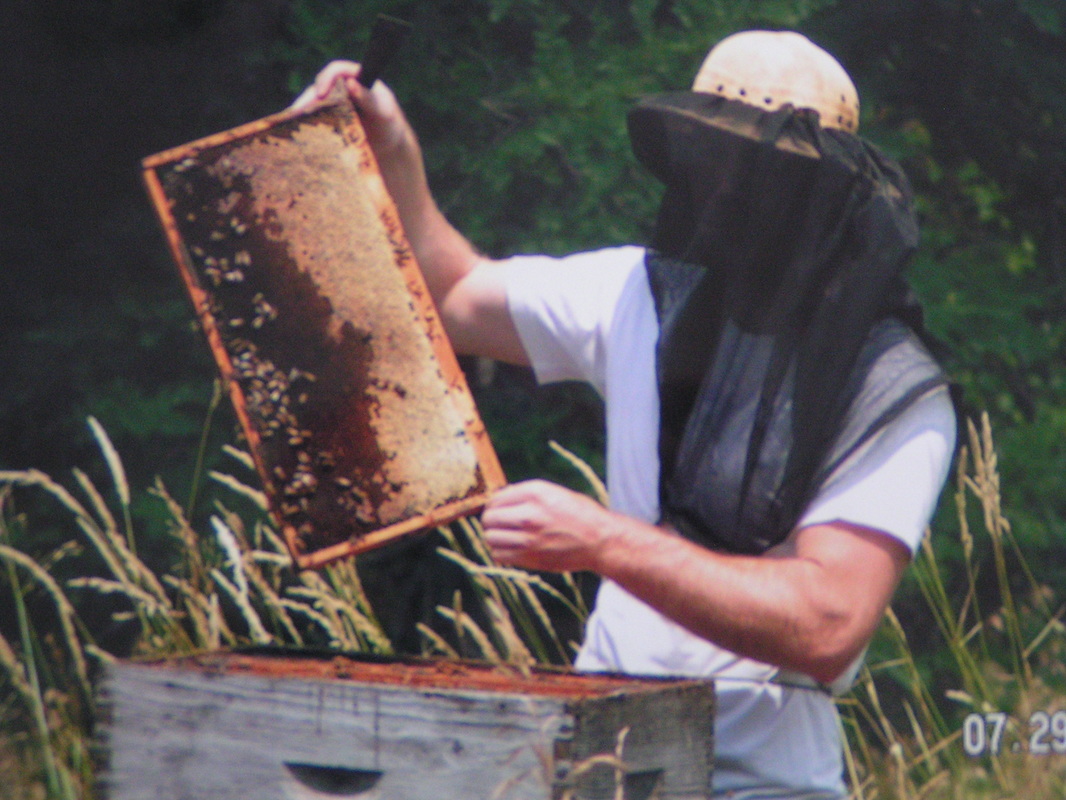Dave Goulson of Stirling University in Scotland, who led the British study, said some bumblebee species have declined hugely.
'In North America, several bumblebee species which used to be common have more or less disappeared from the entire continent,' while in Britain, three species have become extinct, he said in a statement.
The threat to bee populations also extends to Asia, South America and the Middle East, experts say."
Are bees threatened by insecticide use? New studies say yes.
By Kate Kelland, Reuters / March 29, 2012

 RSS Feed
RSS Feed
